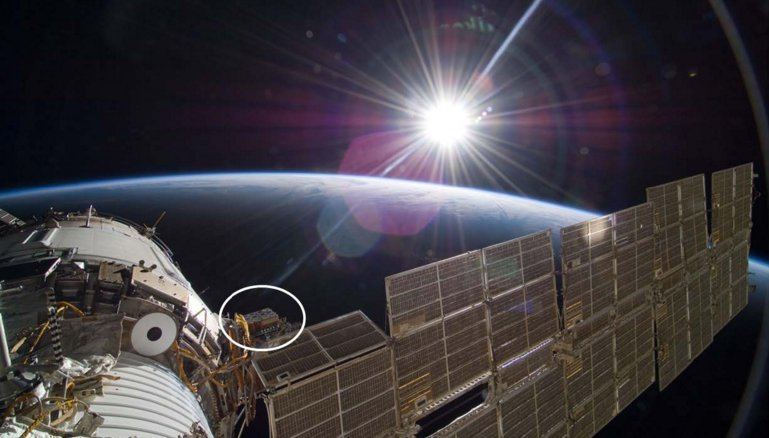Astronaut Tim Peake has been orbiting the Earth on the ISS for nearly half of his 6 month mission. Likewise, the Orbit Zone, the second round of I’m an Astronaut, is half-way through!
Already, a lot has been happening: 305 school students have logged in, the Astro Support Team have answered 238 questions in ASK , and everyone has enjoyed the 9 fast-paced and insightful live chats so far (Highlight: “Is T.Peake really nice as he seems on video or does space just make u really happy?”)
Before we we get into evictions week, read on to find out what’s been going on in the Zone.
Thanks to the questions from students to the Astro Support Team, we’ve learned…
Why air-conditioning is important in space
No, breathing is the same as we use a muscle to change the shape of our lungs and pull air inside.
However, without gravity the air does not mix, so the carbon dioxide we breath out forms a bubble around astronauts which is not good to breath back in. So we use fans to constantly move the air around, mixing it with fresh air.– Richard, ESA astronaut instructor
Even bullets would have a hard time leaving the Earth behind
Right !..well, that’s an answer in few parts :-):
1- the gun may not fire as the powder would need oxygen to burn
2- If it did, then it depends on the speed of the bullet:
Say you are at the ISS which has a speed of 7.66km/s. To escape Earth gravity, like missions to the Moon or Mars, you need about 11km/s.A ( very fast) bullet has a speed of up to 1km/s. This means that the very top speed of a bullet fired from the ISS towards deep space would be around 8.6km/s…hence not enough to break free of the Earth gravity. – Elie, Airbus engineer
Tardigrades don’t need spacesuits
Lots of different of animals have been sent into space – dogs, monkeys, frogs, fish, mice, spiders, worms, tortoises, and many more! One of the strangest might be the tardigrade (also called a ‘water bear’). They’re tiny little invertebrates who are so tough that they can actually survive in outer space! And they look really, REALLY strange. Seriously, take a look at a picture of one of those little guys… – Katie, ISS Columbus Operations
And there are mixed personal feelings about finding alien life…
Definitely both. The prospect of being alone in the universe and the prospect of NOT being alone are equally terrifying! – Jenn, Astrobiologist
Intrigue! Are they smarter? What do they like, and look like? What do they think of us, and why didn’t they contact us (yet)??? – Floris, ESA Research Doctor
@Chewie, as long as they are less intelligent than me I’m not scared
Seriously, the idea of any other type of life form out there, intelligent or not, is very intriguing. If intelligent beings were to contact us now, it would be a very humbling experience, indeed. – Dan, ISS Columbus Operations
So what (space) probe-ing questions will the Team face from students this week? And who will survive the first eviction tomorrow at 3pm?
Follow all the nail-biting action over in the Orbit Zone, or at @IAAGMOOH on Twitter, where every new follower gets a free Space Pizza*!
If you’re a teacher and want your class to talk to people like the ESA Flight Control Team members, ISS experimenter Jenn, robotics and space engineer Elie, Antarctic Research Doctor Floris, ESA Astronaut Instructor Rich and others who make human space missions possible, you can register your interest in the next zone at imanastronaut.uk/teachers.
Want to be a part of the Astro Support Team in the upcoming zones? Just email antony@gallomanor.com with a two line summary of how your work relates to the ESA Principia mission or other space missions and read more info here: imanastronaut.uk/astro-support-team






